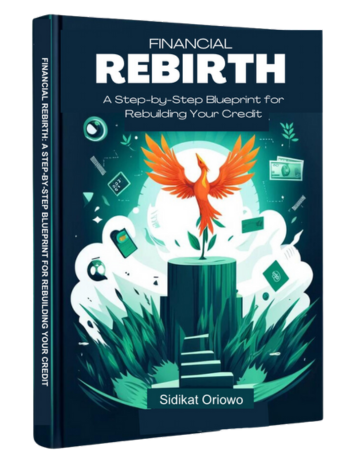All credit reports contain the same information about you. Lenders use this information to decide whether or not to approve a loan for you, and how much they will charge in interest. You are entitled by law to one free credit report per year from each of the three major credit bureaus: If you suspect any errors on your report, you must act quickly and contact the appropriate bureau as soon as possible. If a mistake isn’t corrected promptly, it could affect your ability to secure loans and other types of financing. The best way to restore your credit score is through credit restoration. Credit restoration companies work with creditors to set up repayment plans so that the negative accounts show no balance due.
Credit restoration can take anywhere from many months to many years depending on the severity of your credit damage and the age of unpaid accounts; however, if you have a bankruptcy that has caused credit score damage over time – this may be an exception as it takes many years or more to repair because bankruptcy shows up as ‘past due’ account indefinitely even if paid off.
If you’re looking for a credit card that can help repair your credit score after bankruptcy, look no further. We’ve compiled a list of the best cards for you below. The Amex Platinum is excellent because it has no annual fee and offers some great perks, like lounge access and global entry/travel assistance. The Chase Slate® also has no annual fee but doesn’t offer any rewards or perks. If you prefer to have some rewards with your credit card. which could save you hundreds in interest fees on unpaid balances during the introductory period.
One way of restoring your credit score is by getting a secured credit card. Secured credit cards are backed by a deposit that you make when you open the account. Secured credit cards usually have higher interest rates and lower limits than unsecured cards, but they can help you rebuild your credit over time. If you’re trying to buy something expensive with your credit card and it doesn’t go through, call the customer service number on the back of the card. Many credit cards will offer an extended time in which you’ll be able to use the card again after it’s been declined for item purchase.
You may also want to get a copy of your credit report from all three credit bureaus annually. You’ll need to order one report from each bureau every four months so that one report shows current information about how creditors view you at any given point in time. Checking your reports periodically allows you to put together a strategy for fixing errors or paying off old debts before they affect your new borrowing power negatively.
If you are considering bankruptcy and are curious about how credit restoration can work for you, read the following. Credit restoration is a process that begins with your creditor, but it’s not something they will do for you. You can become an authorized user on another person’s credit card account and use the card in your name only when necessary. By doing this, you will be able to build up your credit score again over time. If you have paid off the full balance on a credit card every month for at least many months, you may be eligible for either a secured credit card or an unsecured credit card through a reputable financial institution that offers these products. You should also ask yourself if bankruptcy is right for you before making any decisions about your finances.
Credit restoration can be a difficult process, but it is possible. Credit counselling services offer different programs to help you get back on your feet and get your credit score up again. These services are worth looking into if you’re unsure of how to repair your credit score after bankruptcy. They will review your credit report and offer suggestions for ways to restore your creditworthiness. They’ll also advise you on how much debt you should have before they give you advice or work with you on the program they provide. Credit counselling services will set out guidelines for rebuilding credit that include:




